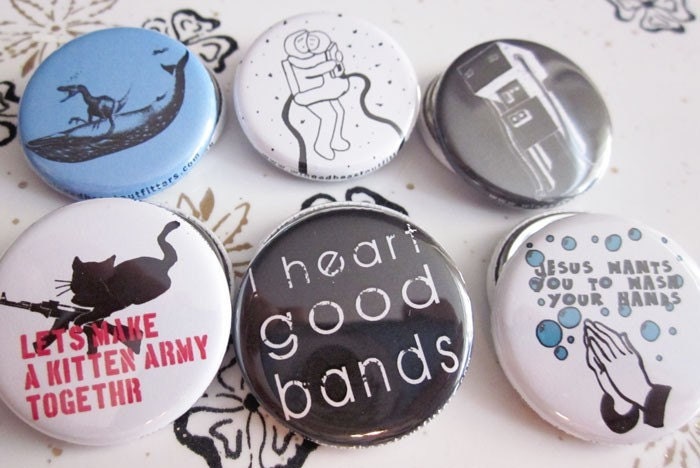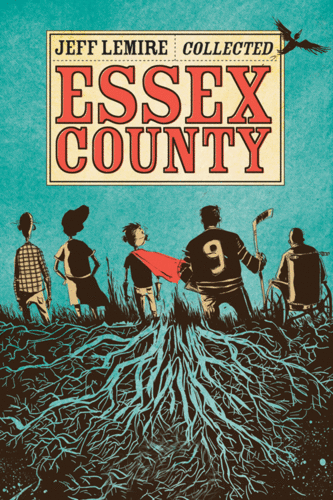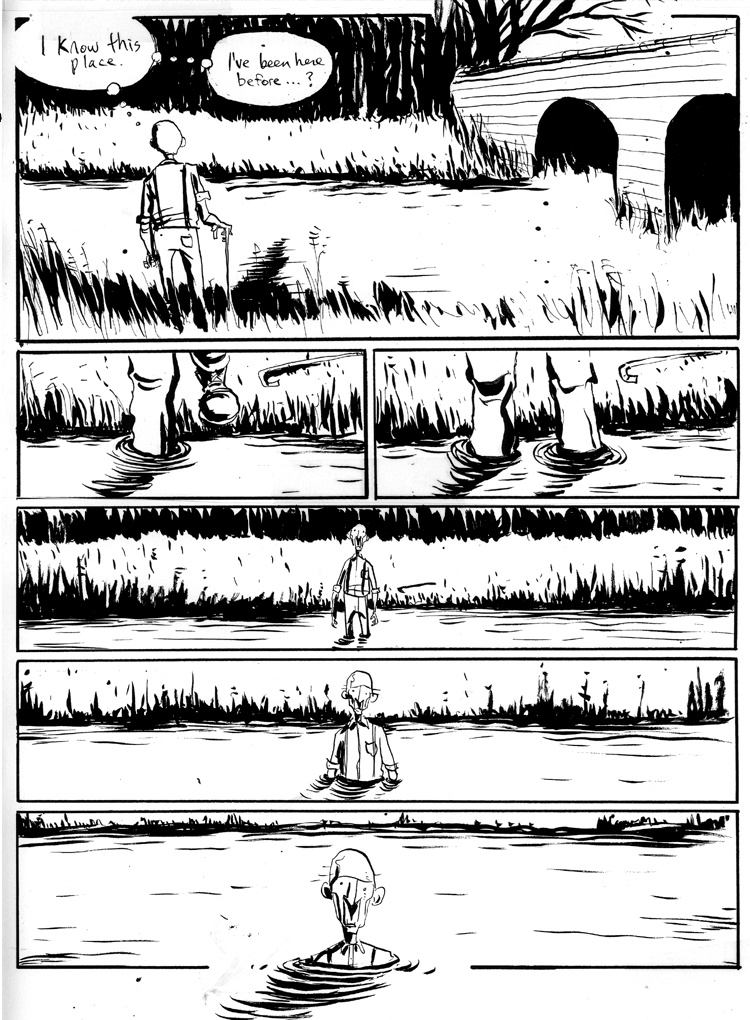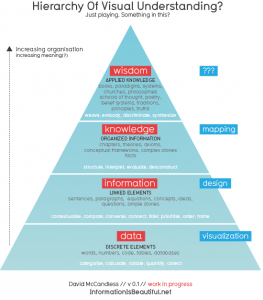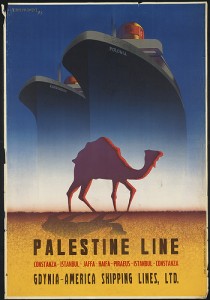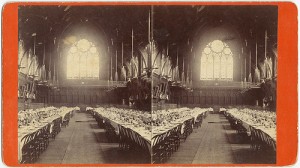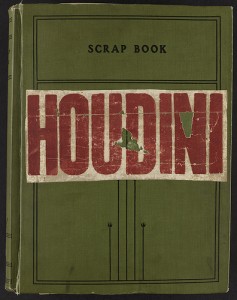The below infographic has been bumping around (It came to me via Stephen’s Lighthouse, who got it here.).
It’s good news for Four Square. Is it good news for us? Is it yet another social media time drain we have to adopt to survive online?
At the moment, I personally don’t really get Four Square. Why would someone want to be mayor of a retail outlet, like Starbucks or wherever?
In that light, Four Square looks like a thin game layer draped over an overt marketing carrot-and-stick. Looking at the top check-ins that the infographic lists, it’s clear that Four Square wants to make sure businesses see the value.
Four Square could be a new outlet for vacuos, vain consumer culture. But, that’s what people we were saying about Twitter a couple short years ago.
As one friend noted, Egyptians are using the Internet to free their country and we’re using it to show we went to Wendy’s. That’s the point. It took a few years for people to find ways to do such impressive things with Twitter and Facebook.
I may not start my Four Square account this weekend. I’m still not completely sold on Twitter (but it’s growing on me). There is a part of me that will try anything (at least for a while) once I have the time.
Should libraries get in on Four Square?
There are so many competing social media demands, that taking on a new platform can drain other efforts. It’s important to weigh the cost/benefits of getting involved and to develop a manageable, adaptable, and achievable strategy.
Librarians are already hatching ideas and talking about it.

